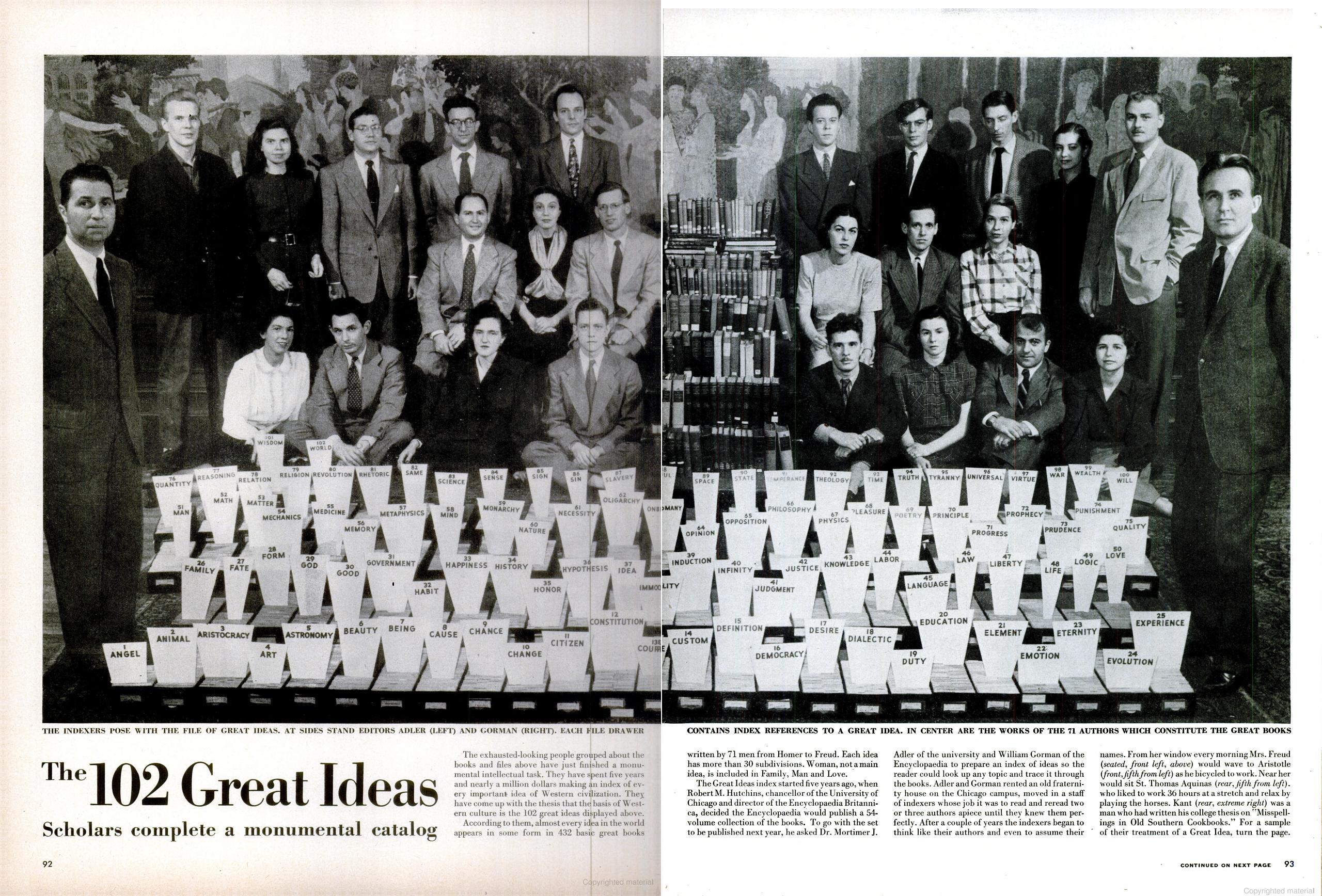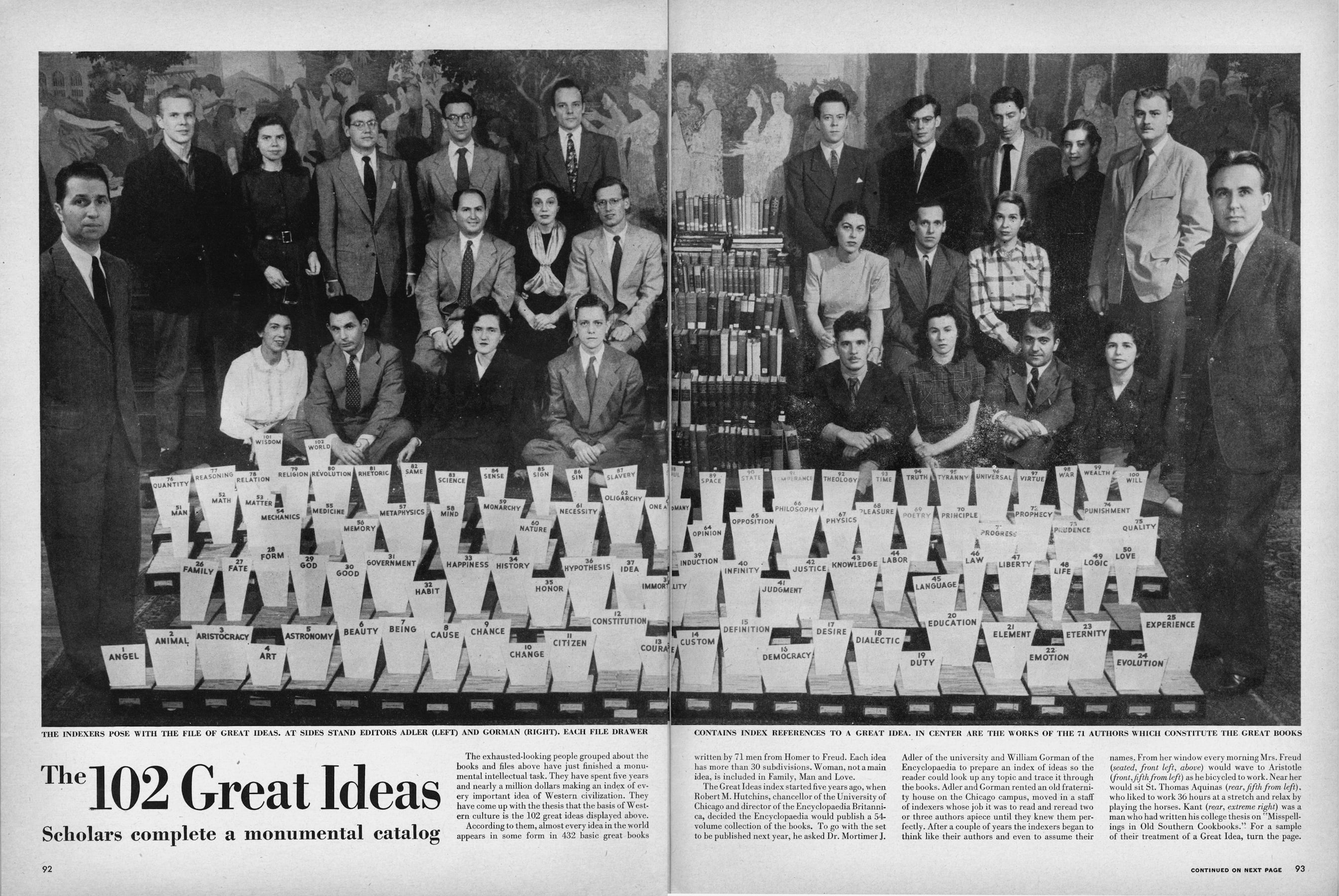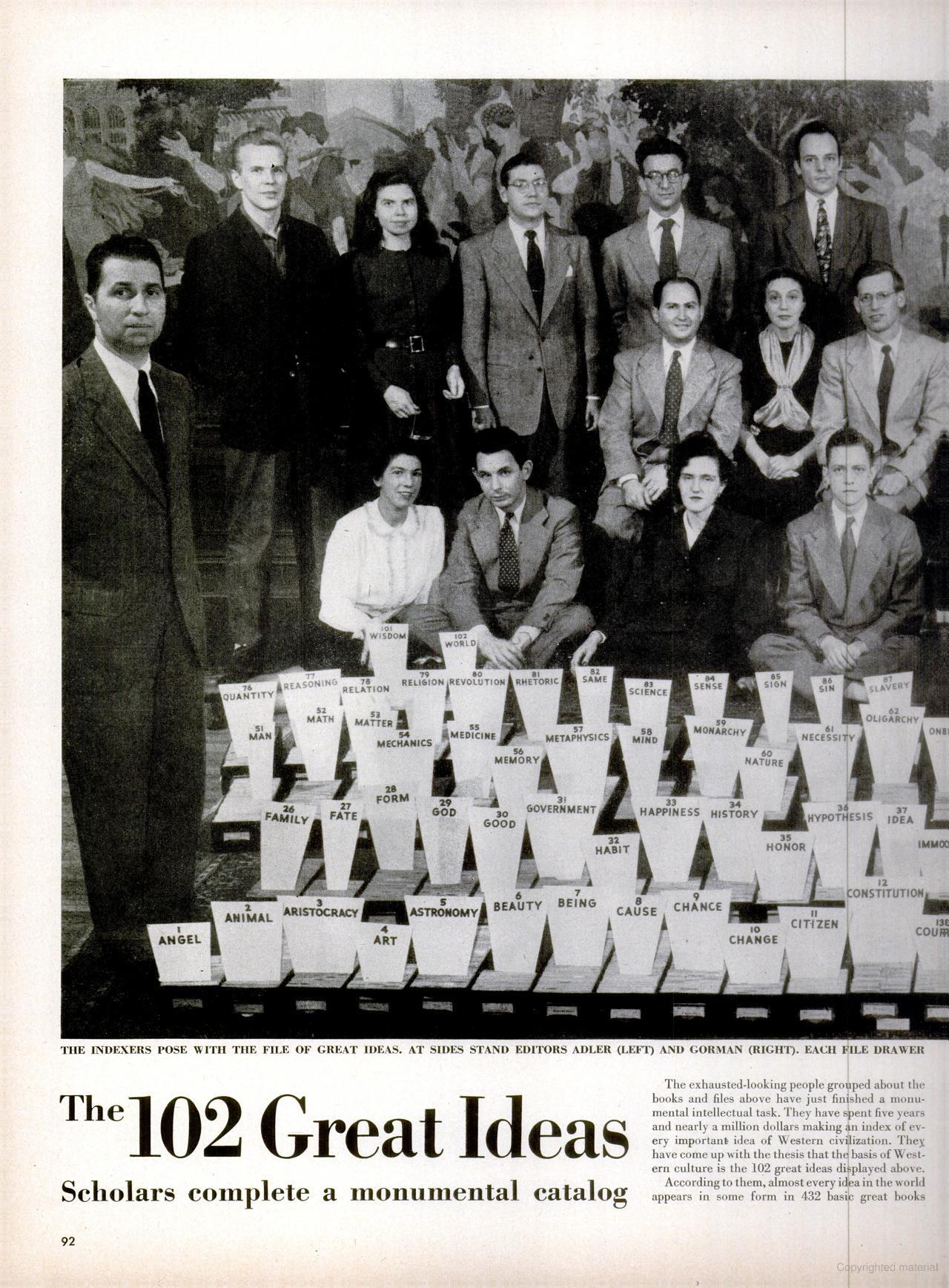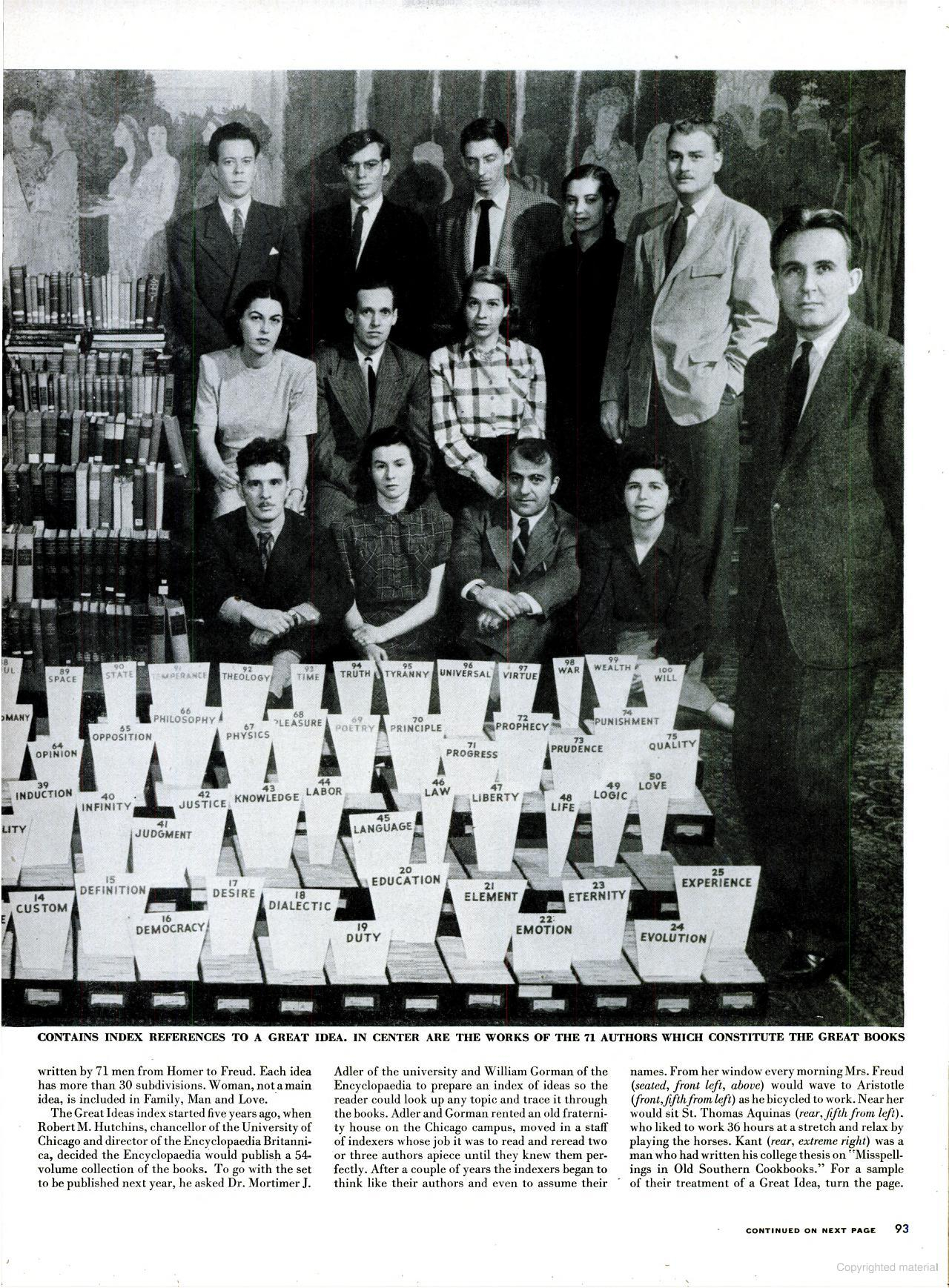reply to u/aleahey at https://reddit.com/r/typewriters/comments/1qjzgtq/remington_postal_telegraph_mill/
On the paper guide, it definitely looks like a bend it back into shape issue.
While your model is obviously decaled as "Postal Telegraph", it's not a traditional mill machine as those are generally marked by having no lower case characters and having uppercase only. Sometimes it was uppercase with some "filler character" (often a + on Remingtons, a ~ on Underwoods, and a double dot on Olivettis) or uppercase on both the top and bottom of the slug. Generally the zero character had a slash through it to distinguish it specifically from the letter "O".
There are only two other exemplars on the typewriter database, so please be sure to upload your photos and data when you get a chance. https://typewriterdatabase.com/Remington.10+Postal+Telegraph.42.bmys You'll notice that one of the examplars by u/jbhusker doesn't appear to be a traditional mill while the other is. Perhaps James has some unwritten research on his Remington Postal Telegraph?
If you sift through the typewriter database you'll find other examples and research (especially if you're looking at commentary under individual examples while you're logged in). As an example of mills from Underwood in their Western Union Special: https://typewriterdatabase.com/Underwood.Western+Union+Special.4.bmys

 “The Indexers pose with the file of Great Ideas. At sides stand editors [Mortimer] Adler (left) and [William] Gorman (right). Each file drawer contains index references to a Great Idea. In center are the works of the 71 authors which constitute the Great Books.” From “The 102 Great Ideas: Scholars Complete a Monumental Catalog,” Life 24, no. 4 (26 January 1948). Photo: George Skadding.
“The Indexers pose with the file of Great Ideas. At sides stand editors [Mortimer] Adler (left) and [William] Gorman (right). Each file drawer contains index references to a Great Idea. In center are the works of the 71 authors which constitute the Great Books.” From “The 102 Great Ideas: Scholars Complete a Monumental Catalog,” Life 24, no. 4 (26 January 1948). Photo: George Skadding.
